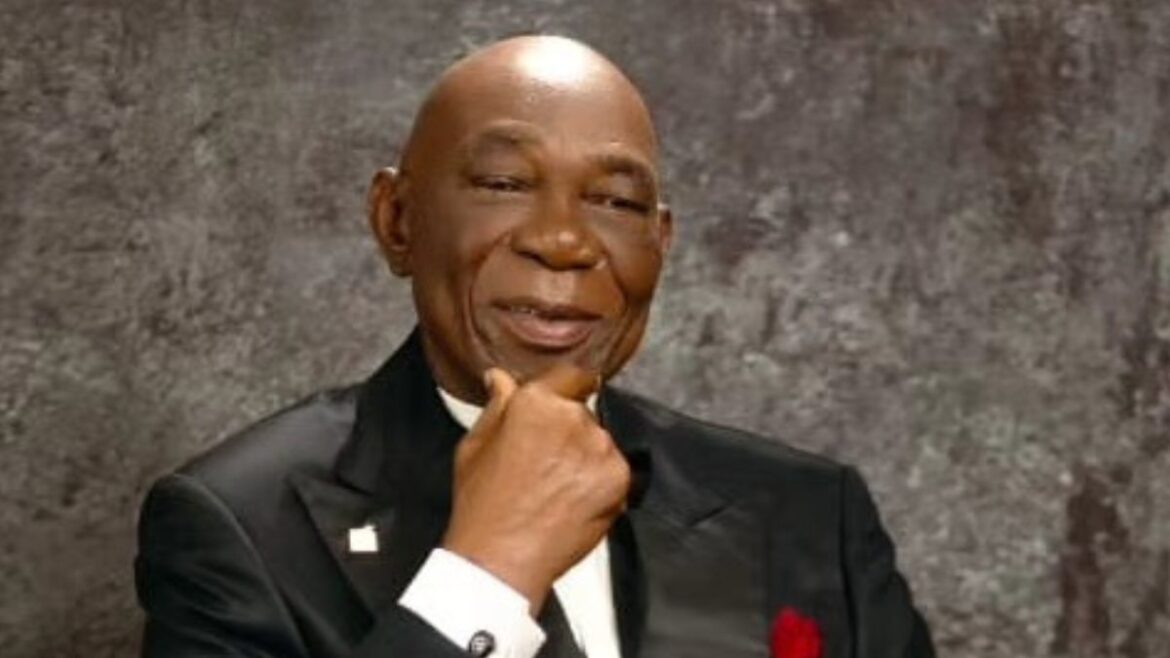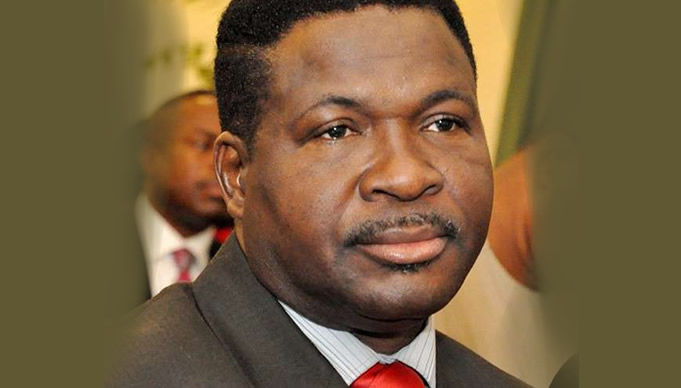In Nigeria, the issue of fixing the national minimum wage is not just a matter of economic policy but a constitutional mandate. According to Part 1, item 34 of the (Exclusive Legislative List) Constitution of the Federal Republic of Nigeria, 1999 (as amended). By virtue of the provisions of item 34 cited above, the National Assembly can, via legislation, prescribe a minimum wage for the federation or any part thereof. What it prescribes is binding on everyone, including the Federal, States and Local governments in Nigeria.
However, as economic conditions and living costs evolve, there is an ongoing debate about the adequacy of the minimum wage and the need for a more comprehensive approach, such as considering a living or reasonable wage.
LIVING WAGE
This is an estimate of the amount of money needed for a worker to meet their basic needs, which include food, housing, water, education and other essential expenses, while also allowing for some discretionary income. It is an income that allows an individual or family to also afford adequate shelter, clothing, childcare, healthcare, transportation and other basic needs such as personal care items, savings for unexpected events etc. It is that wage that is higher than the minimum wage. Unlike the minimum wage, the living wage is not legally mandated but is often used as a benchmark for fair wages. It aims to provide a standard of living above the poverty line and it is calculated based on cost of living and basic needs. Given that the cost of living is already killing the living in Nigeria, the government and the organized labour should look at a living wage.
REASONABLE WAGE
A reasonable wage is one that fairly compensates an individual for his or her work, covering basic living expenses and ensuring a decent standard of living. The concept of a reasonable wage can vary depending on factors such as location, industry, job role, and cost of living. Here are some key aspects to consider when determining what might constitute a reasonable wage:
FACTORS TO CONSIDER IN FIXING A REASONABLE WAGE
Living Wage: This is the minimum income necessary for a worker to meet his or her basic needs, including housing, food, healthcare, and other essentials. A living wage is often higher than the minimum wage and is adjusted for the cost of living in different areas.
Market Rate: Wages should be competitive with what other employers in the same industry and region are paying for similar work. This helps attract and retain talent.
Skill Level and Experience: Employees with higher levels of skill, education, and experience typically command higher wages.
Job Responsibilities: The complexity and responsibility of the job should be reflected in the wage. More demanding or critical roles should be compensated accordingly.
Economic Conditions: The state of the economy can influence wage levels. During times of economic growth, wages may rise, while during downturns, wage growth might slow or stagnate.
Legal Requirements: Wages must comply with federal labour laws, including minimum wage regulations.
Company’s Financial Health: The ability of a company to pay its employees is also a factor. Financially stable companies are more likely to offer higher wages.
Benefits and Perks: Non-wage benefits such as health insurance, retirement plans, paid time off, and other perks contribute to the overall compensation package.
A reasonable wage is a balance between these factors, ensuring that employees can live comfortably while employers remain competitive and financially sustainable.
Read Also: New Minimum Wage: Minimum Wage, Maximum Rage
In conclusion, while the constitutional provision for a national minimum wage ensures a baseline income for workers across Nigeria, the reality of living costs necessitates a broader discussion. A living wage, which accounts for basic needs and some discretionary income, and a reasonable wage, which fairly compensates workers based on various factors, are critical considerations for fostering a fair and sustainable labor market.
As the cost of living continues to rise, it is imperative for the government and organized labour to engage in meaningful dialogue and take actionable steps toward ensuring that wages not only meet legal standards but also support a decent standard of living for all Nigerian workers.















